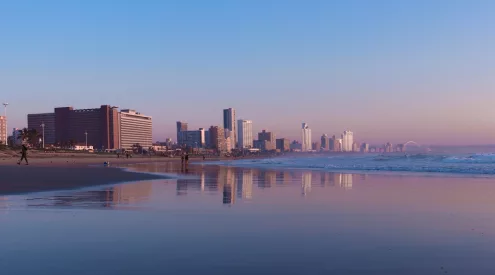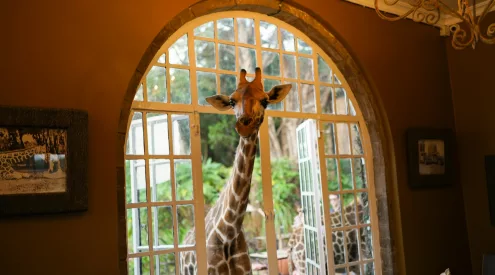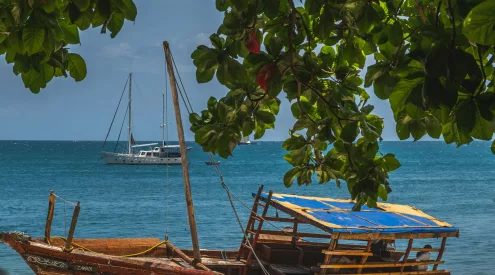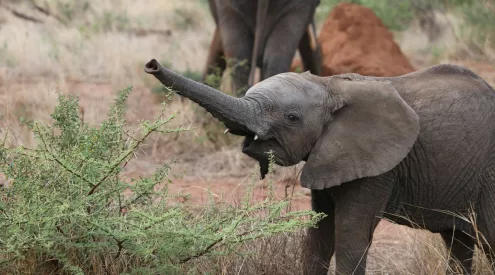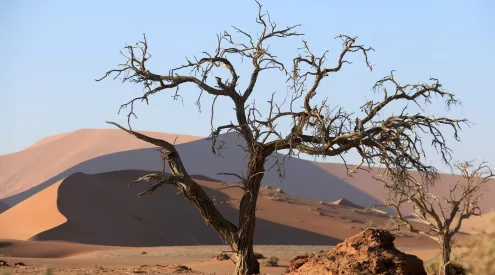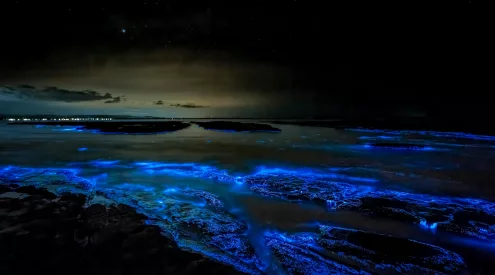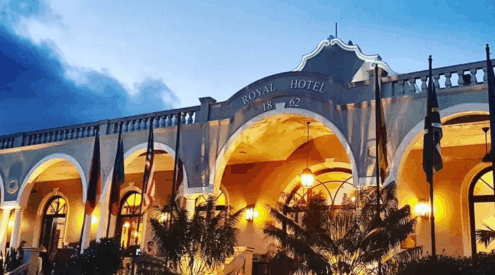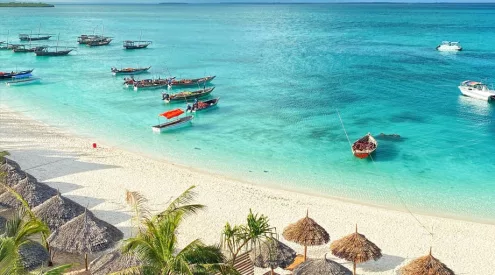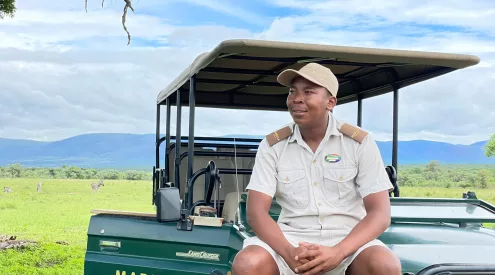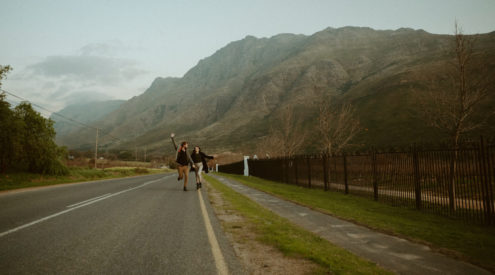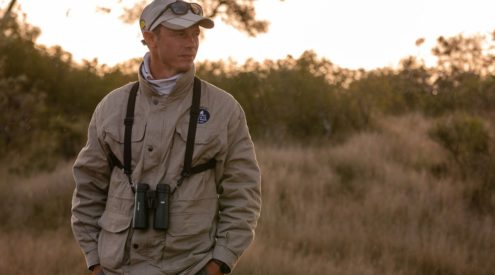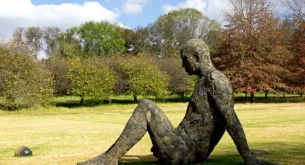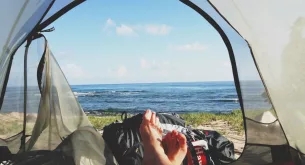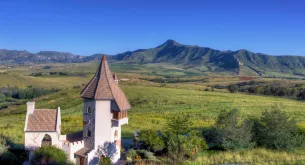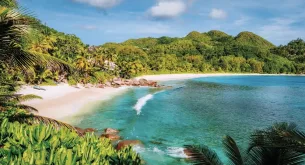When we interviewed Venom Quest‘s animal expert Donald Schultz, we didn’t just stick to the serious questions, we also got a bit more personal…
Do you have a girlfriend?
I’m single. I don’t have a girlfriend, but I have a dog who goes everywhere in LA with me and, when I travel, we have a dog sitter who comes and watches him. My family’s back in Jo’burg and I see them every three months or so.
When you’re looking for a girlfriend would you rather go for a girl who shares your passion for animals? Would you ever consider dating a big city girl?
I’ve had girlfriends on both sides of the spectrum. I’ve dated girls who were totally into animals and were basically doing the same work that I was, and it didn’t work out. And I’ve done the whole non?animal person and that didn’t work out either, so I definitely don’t have the recipe down yet, but I’ll keep you informed.
Apparently you’ve got over 200 different animals at your home in Hollywood. What’s it like at your house?
I’ve always had animals, since I was a little guy. Most of the animals I keep are research animals. I get venom from them, or they’re very rare animals that nothing’s known about, so I keep them to try and learn something about their natural history. My house is pretty normal, but without a two?car garage. All the animals are in there. I have everything from lizards to spiders to snakes and frogs. It’s definitely not a zoo, it’s more geared towards being a lab where I can keep animals that are specifically interesting to me.
Which animal has taught you most about life?
That’s a two?part answer. Probably the hardest animal to work with, and the most emotionally draining, was monkeys, because they’re so close to humans. We worked with monkeys in Belize. They’re super endangered because they get hunted for food so there’re only a few thousand left of the Guatemalan black howler monkeys. To work with them, you have to sedate them, so you’re taking an animal that’s 30 metres above you in the tree, and sedating it. Then it has to fall out of the tree and you have to catch it, which for me was extremely hard to do. But the bigger picture is that you get to help the species and preserve it for the future.
The other part of my answer is that we did a whole shark episode and that made me angry at people, because sharks around the world get hunted to near extinction. In South Africa, we have nets up to stop shark attacks that have been shown not to be effective at all, and we kill thousands and thousands of sharks in shark nets, then millions of sharks for food, and that made me realise that, as a species, we’re actually pretty selfish, and we don’t really care what’s going on or about future generations.
Everyone talks about pandas and rhinos and puffins, but honestly the world’s oceans are in a lot more danger than any land?dwelling animal out there and we just continue to destroy it. As you see in the Gulf at the moment where the oil’s just destroying a bunch of habitat environments and billions of animals are being affected.
So as far as individual animals, monkeys taught me about myself and sharks taught me about people
What’s the next dangerous thing you plan to do?
I’m going to the Swiss Alps pretty soon to do some wing?suiting, which is where you come off a cliff with a squirrel suit on and base?jump out of that, so that should be fun.
How did you get over your fear of spiders?
I’m still scared of them. I’m not over it; that’s the weird thing. I think figuring out your phobia and trying to address it helps a lot, but I definitely don’t have a cure for people being scared of things. I’m also really scared of heights and I did sky diving to try and get over it, but I’m still pretty scared of heights.

